Life has come to a standstill in cities like Bihar, due to heavy rainfall. The IMD has issued a red alert for more downpour in the city. So, here are some tips that will help you stay safe in the event of a flood situation.
1. Stay alert and monitor your surroundings.
Keep a track of local television news and local radio stations to monitor the situation.
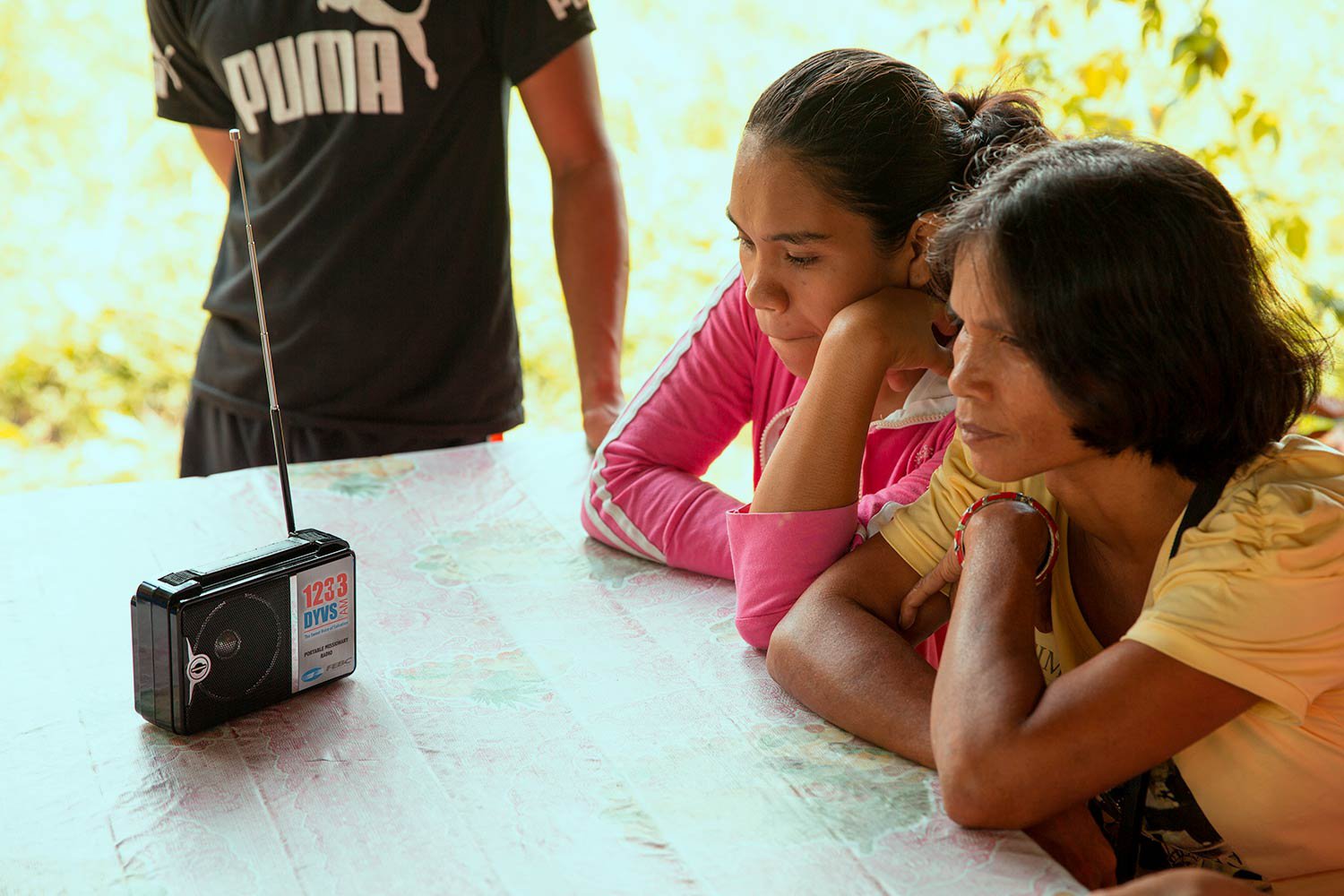
2. Stay at home and don’t venture outside under any circumstances.
However, your house is likely to get flooded if it is built on a low lying area. In this situation, you must evacuate your house immediately and get to a higher ground.
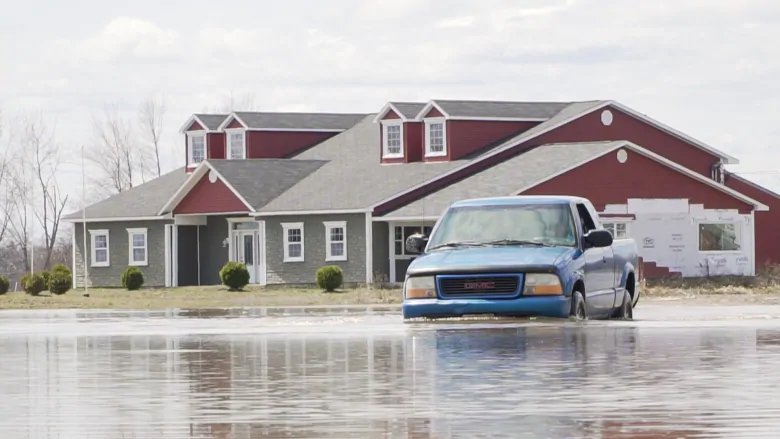
3. Prepare an emergency food and water supply, just in case you need to evacuate or stay indoors for sometime.
Pack water, packaged food items that can last longer than the usual food products, a few clothes and a basic medical kit in your bag. Stock up on ORS packets to prevent diarrhoea. Keep antiemetic drugs handy to prevent vomiting.
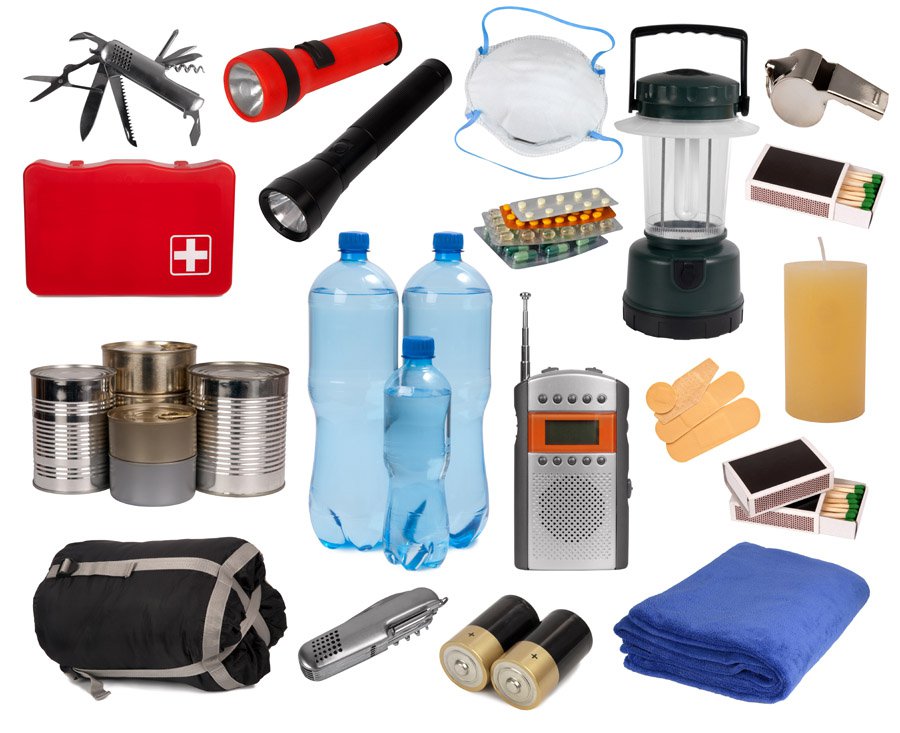
4. Don’t drive, unless you really have to.
If you really have to drive, make sure your vehicle has enough fuel. Please don’t venture into flooded areas. Watch out for washed out roads, manholes, earth slides, downed trees or power lines. If you car comes to a halt or if the water level around your car rises, abandon it. Climb to a higher ground as soon as you can.
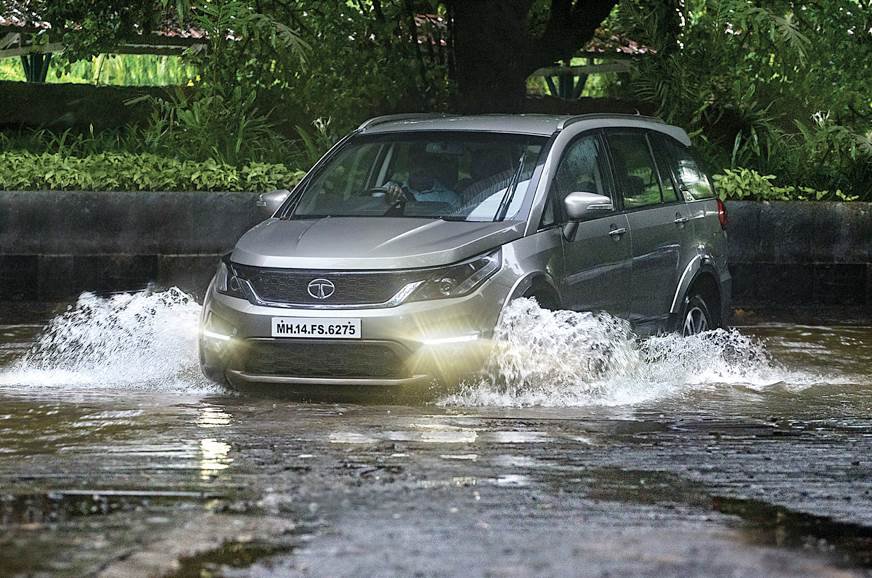
5. Don’t stand in stagnant water for too long.
There are high chances of sewage water mixing with water sources that may lead to leptospirosis, which is why, it is not advised to stand in stagnant water for long. Please wear closed-in footwear if you need to walk in stagnant water.
ADVERTISEMENT
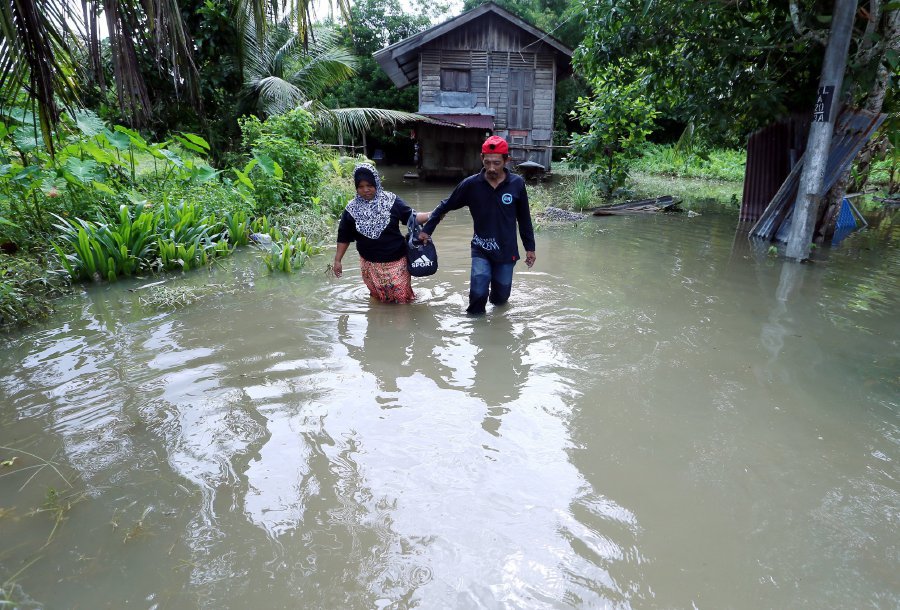
6. Avoid walking or swimming through flowing water.
You must stop and look for another alternative route if the flowing water is above your ankles. You can get knocked off your feet if the water is flowing and is 6 inches deep so try to avoid taking this route at any cost.
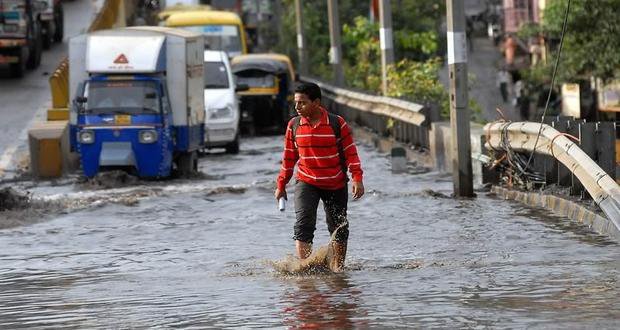
7. Turn off utilities at the main power switch.
Switch off the main power circuit because if someone falls in or is trapped in flood water he/she is at a high risk of being electrocuted.
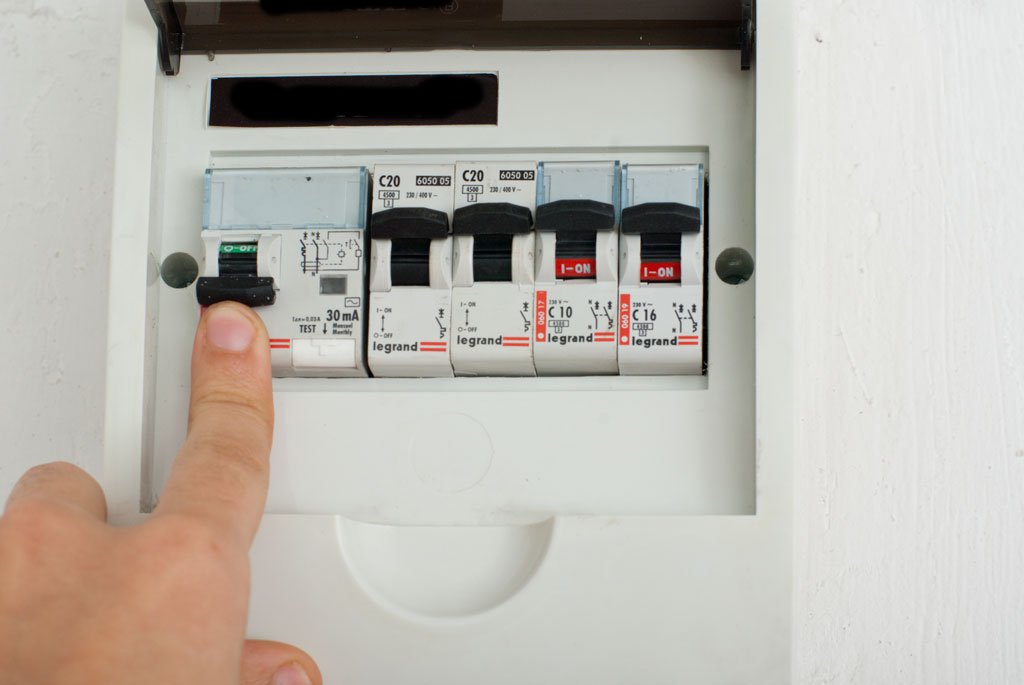
8. If you really have to, walk where the water is not in motion.
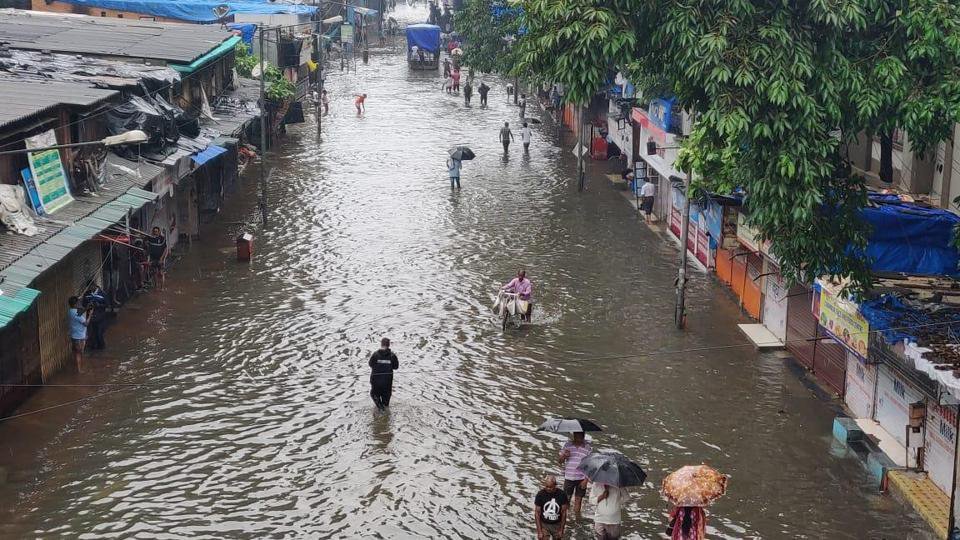
9. Never drive through flooded roadways.
Stop immediately and turn around if you don’t want to drown because the roadbed maybe washed out. You must also know that one can lose control of their vehicle if there is only a few inches of water. If there is less than 2 feet of water, there are also chances that your vehicle can get swept away so you must look for an alternative route.
ADVERTISEMENT
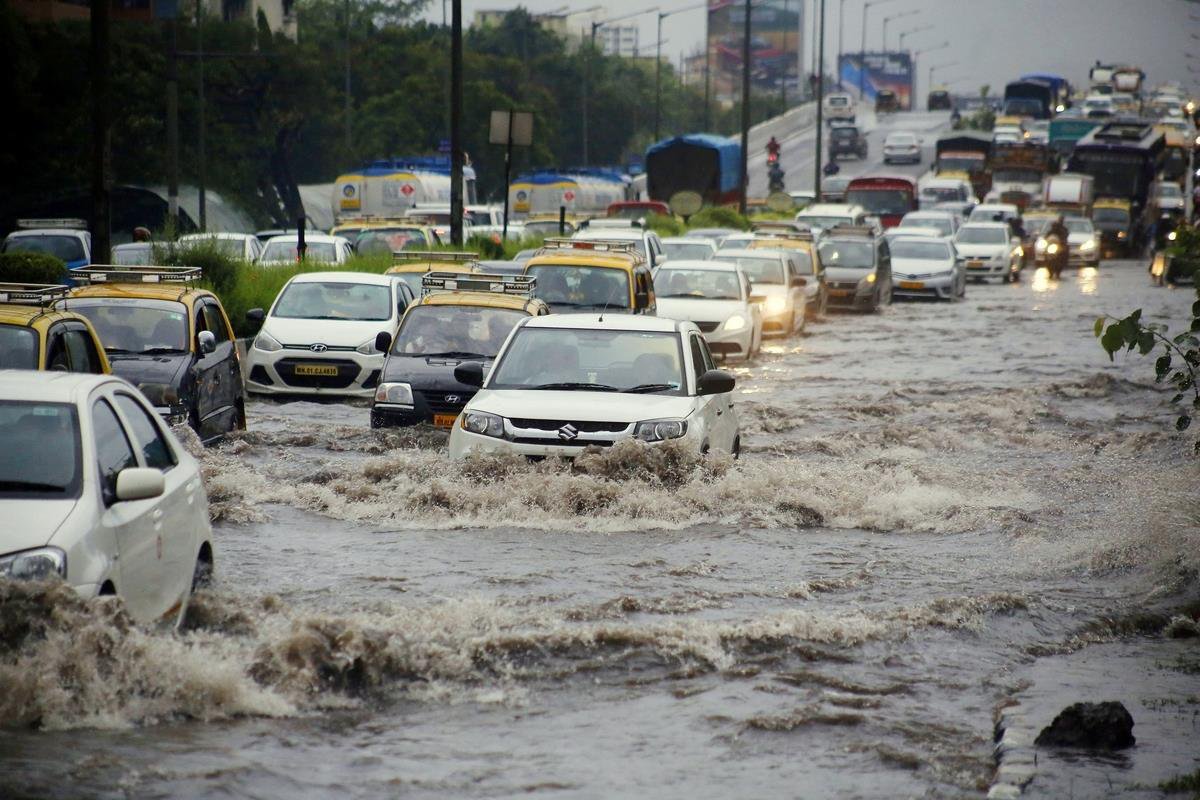
10. Collect rainwater if you have no access to drinking water.
If you don’t have drinking water with you at home, collect rainwater in a bucket and boil it before drinking it.
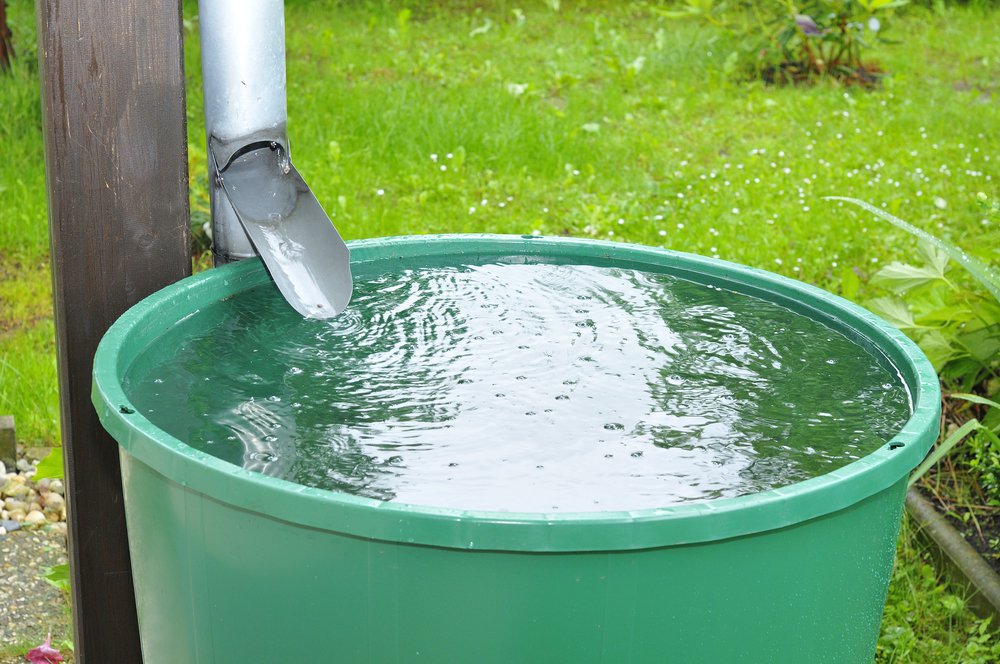
11. If you have been asked to evacuate, do so immediately.
Please evacuate your house immediately if you have been asked to do so. Act quickly, you don’t have to save your belongings, you must save yourself first. Switch off the main power circuit, shut off all electrical appliances and lock all doors and windows securely, before leaving.
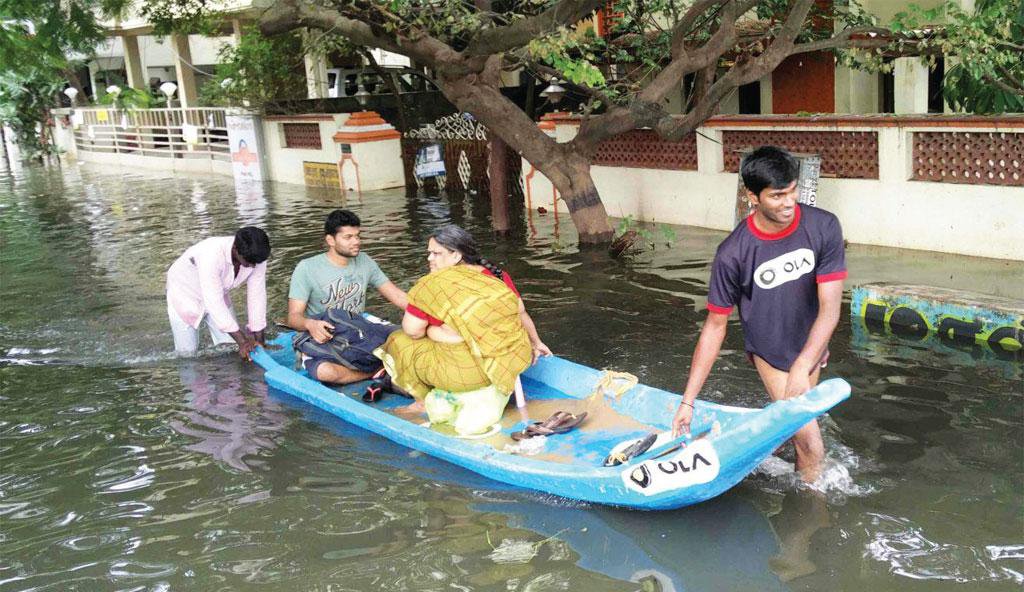
12. After the flood is over, check for structural damage before entering the house.
If you have evacuated your house, you must return only after an official authority has given you the green signal. Get all your electrical appliances checked before turning it on. Also, move into your house only after it has been cleaned with proper disinfectants. And, don’t consume water from damaged pipelines as sewage water could have gotten mixed in it.
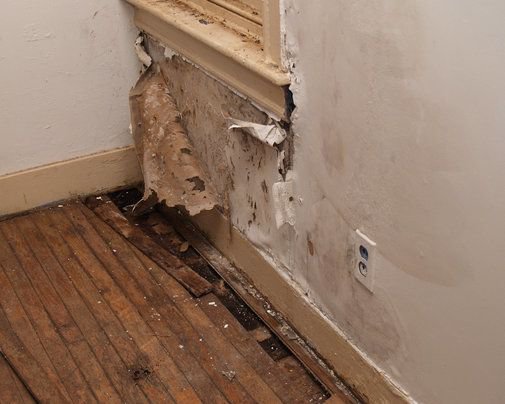
Be safe, act swiftly and don’t panic. Click here for emergency contact numbers.
Top picks for you

















